Gefreiter Hans Fleischer had been at war for two years now. He could remember little else. Now as he leapt into a filthy Soviet trench five kilometers from the forsaken city of Kursk he knew he was likely about to die.
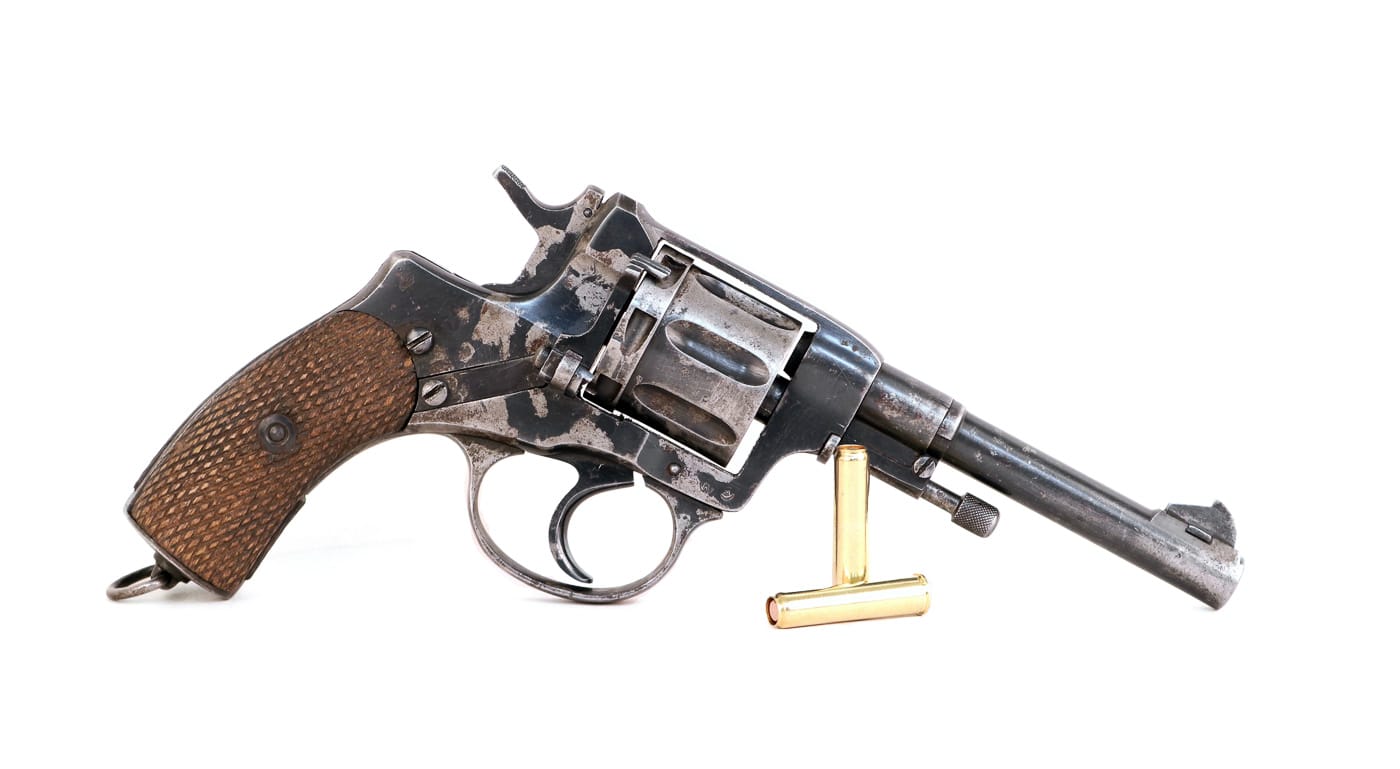
Fleischer had felt the exultant rush of Barbarossa before enduring the grinding defeats that followed. With Operation Citadel he had hoped their fortunes might turn. As he crouched behind his spanking new MP43 assault rifle, his men arrayed around him, Fleischer had the dark realization that this likely wasn’t going to matter. The Bolsheviks fought like animals, and they were dug in too deep. Even alongside the vaunted Panthers and Tigers, there was no way even his beloved Grossdeutschland was going to crack this nut.
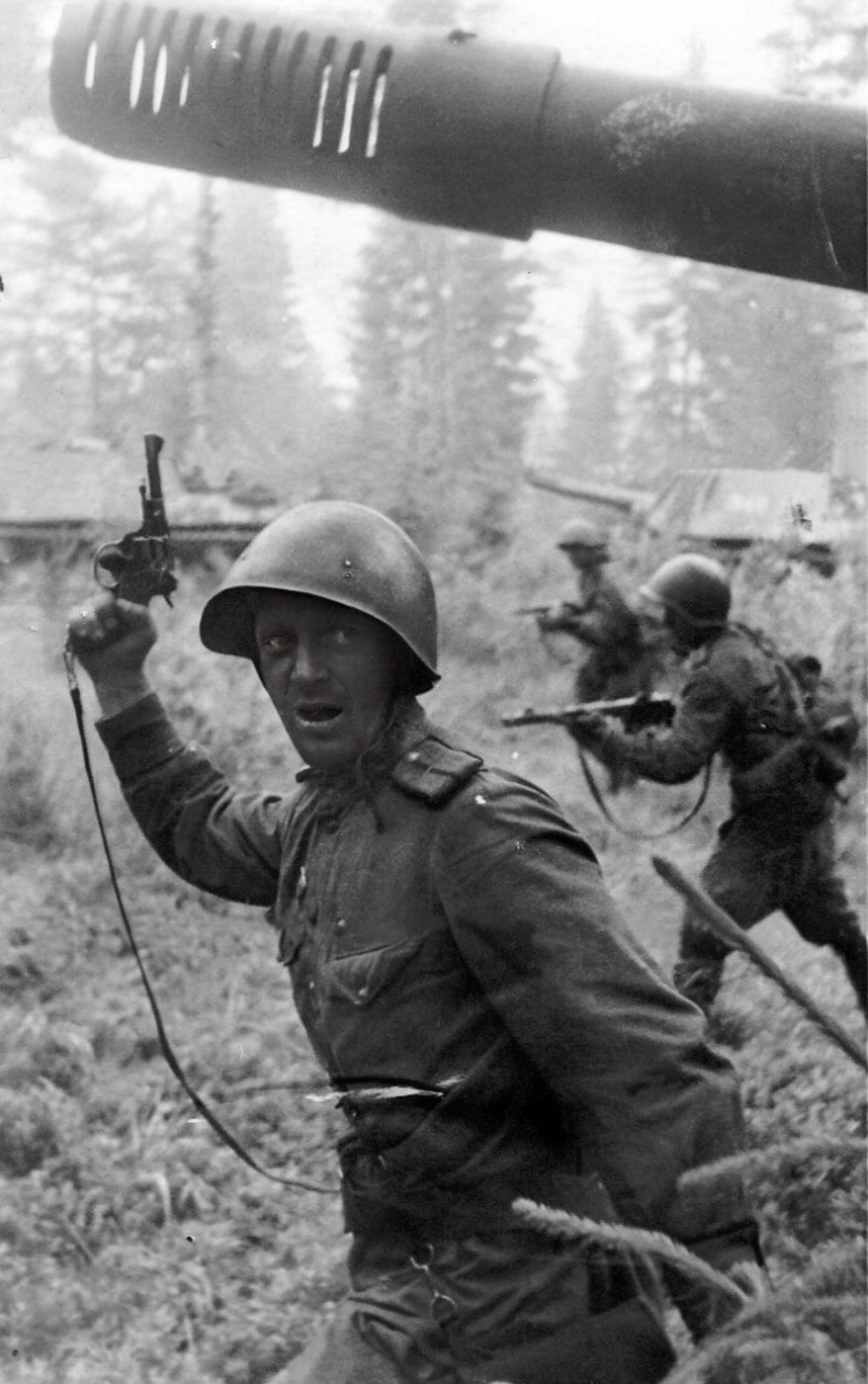
Gefreiter Fleischer served with the most revered Panzergrenadier division in the Wehrmacht. At this moment, however, the Grossdeustchland was spending itself on the Soviets’ simply breathtaking defenses. The blood spilled this day could never be replaced.
Fleischer rounded the next corner and ran headlong into a clot of brown uniforms and indexed his storm gun. Before he could fire something struck his left arm like a sledge, tearing the automatic rifle out of his grasp and spinning him to the ground. As his vision dimmed he saw his comrades as they advanced over and around him, firing as they went. Then everything went black.
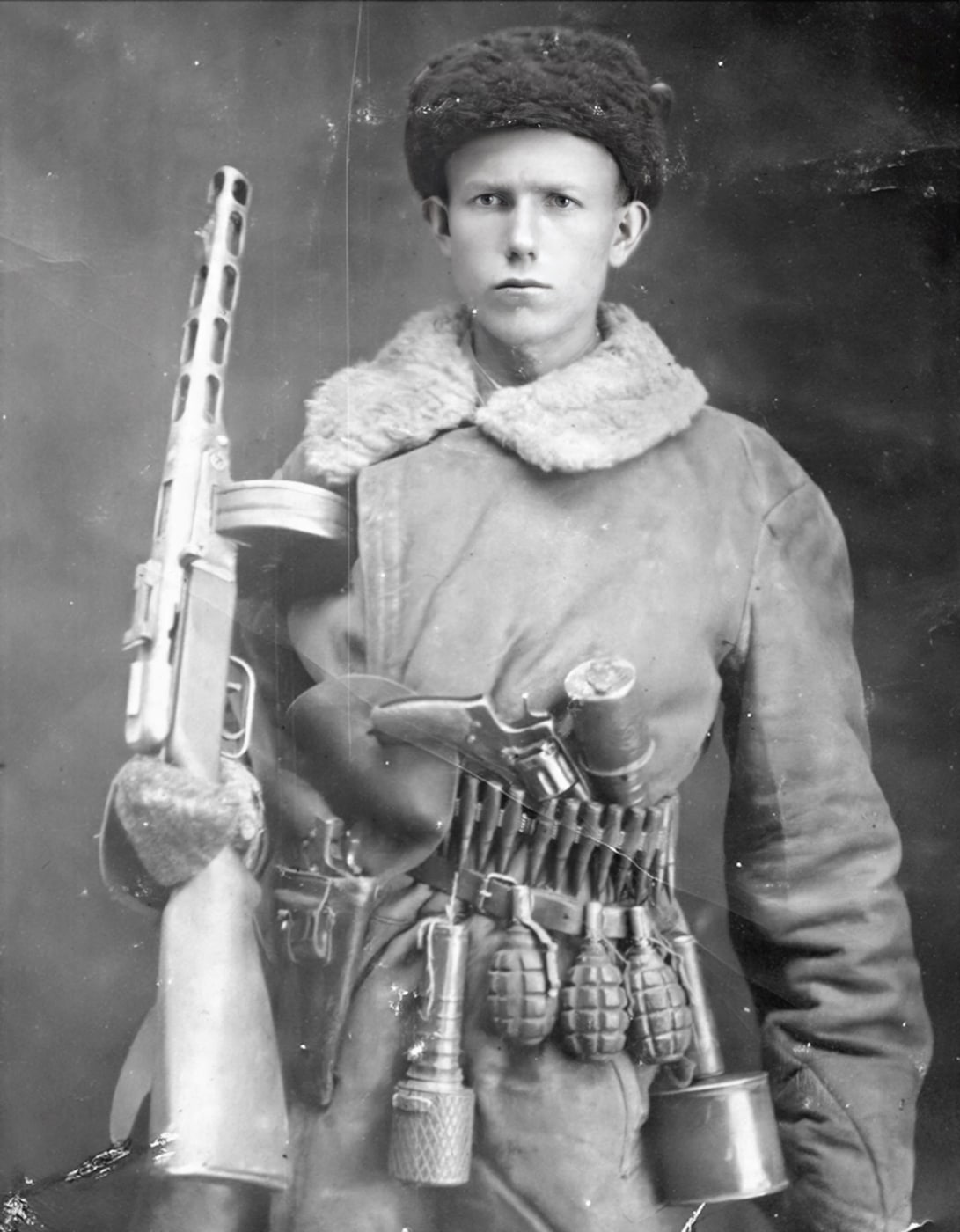
Fleischer awoke in a field hospital. When finally he could think, he asked what had happened. They explained that he had been stitched up the left arm with a Russian burp gun. They had done the best they could, but the arm was gone. Hans Fleischer’s war was over.
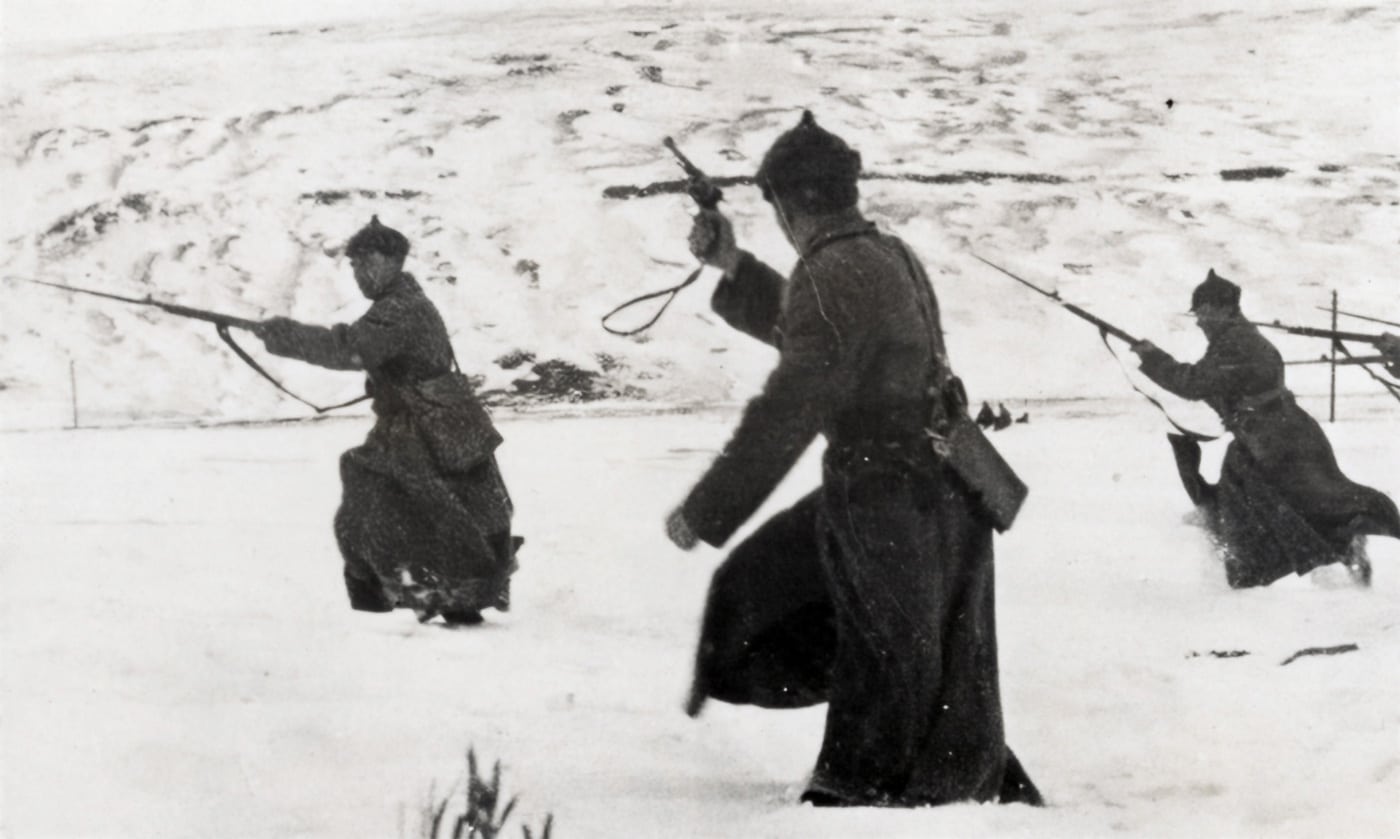
As he struggled with conflicting feelings of horror, remorse and relief, they handed him a parcel wrapped in brown cloth. Inside he found a bloodstained Russian pistol. They explained that his comrades had taken the gun from the man who had shot him. They made them promise it would not be stolen. When he was able, he cleaned the gun as best he could and stowed it among his things.
Now-civilian Hans Fleischer recovered in time and began work in a plant building FW 190 fighter planes. His sole functioning arm kept him off of the assembly line, but he was still an NCO at heart. Fleischer supervised the line making landing gear actuators and was forever ahead of his quota. The captured Russian pistol resided in a wooden box in his closet at home.
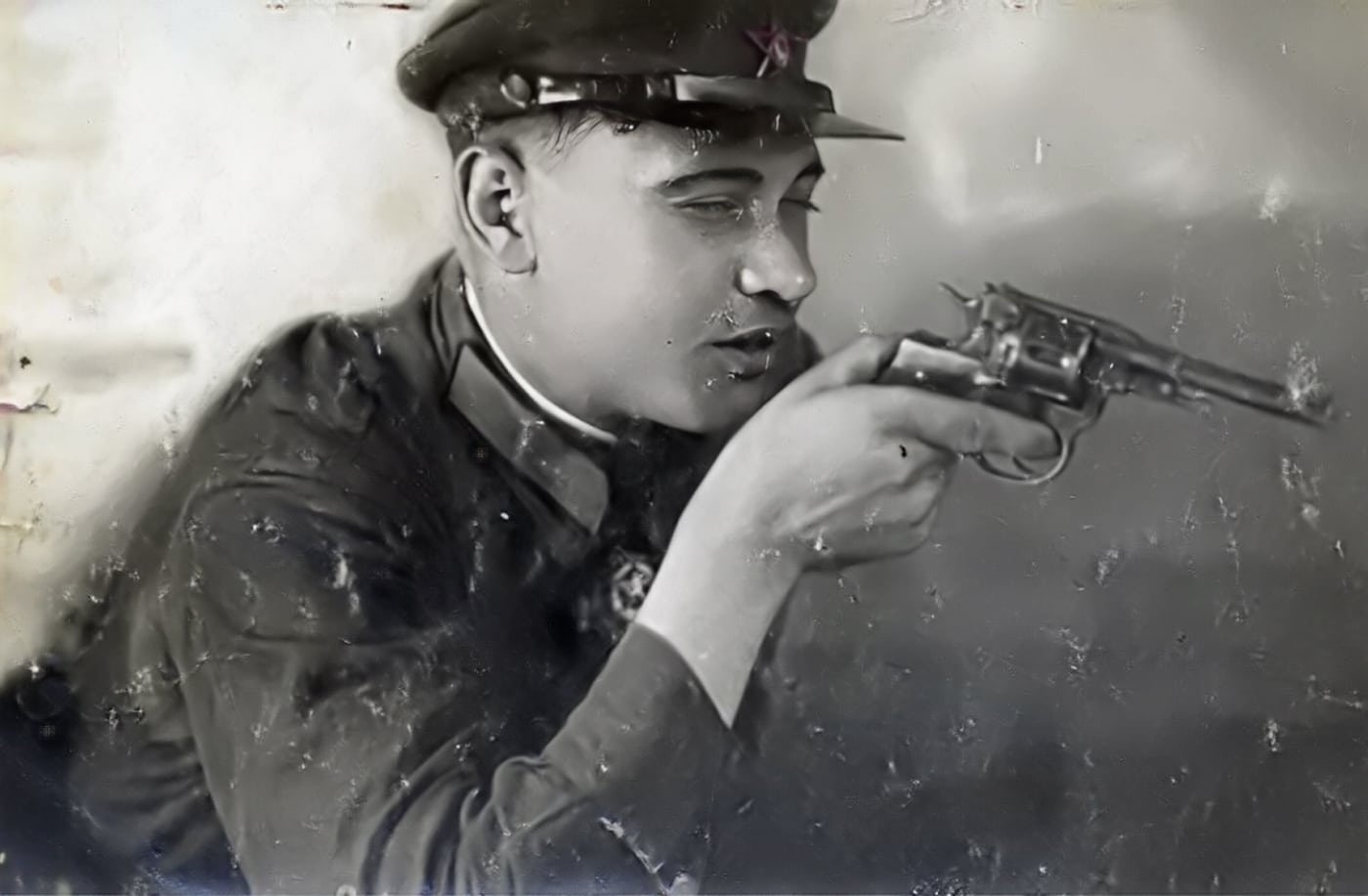
Like all wars, this one did eventually end. As fate would have it Hans Fleischer’s home fell in the American sector. The Yankees enforced their own rules, but they were generally fair. They did not vent their frustrations on the civilian population as did the Soviets. Among those rules was a prohibition against private firearms ownership on penalty of death.
There had been some kind of disturbance, and the American MPs were in his home before Fleischer could respond. They remained respectful and did not loot his personal things, but they were thorough. Soon a young American Sergeant was studying the ugly Russian revolver. His eyes met those of Hans Fleischer. Both men knew what this meant. Without a word, the young American dropped the Russian gun into the pocket of his field jacket and departed. He figured there would be little good to come from executing a one-armed Kraut over such as this.
Origin Story
The M1895 Nagant revolver was a unique design. The brainchild of brothers Leon and Emile Nagant, the M1985 replaced such handguns as the Smith and Wesson Model 3 in Russian service. Leon and Emile had already made a name for themselves with the Tsar for the roles they played in designing the Mosin-Nagant Model 91 bolt-action rifle.
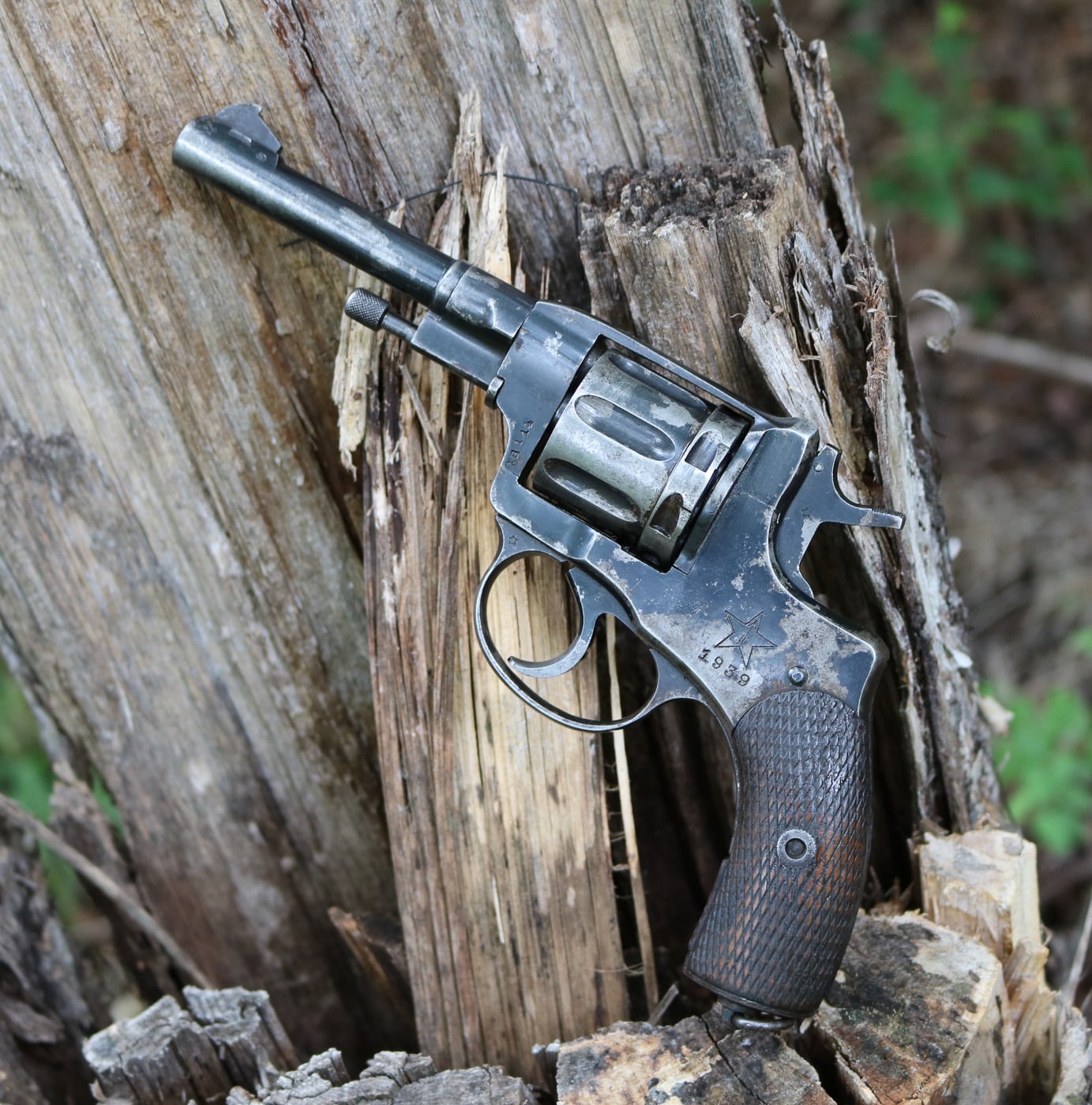
Initial production began in Liege, Belgium. However, the operation soon moved to the Tula Arsenal in Russia. The Tula facility typically turned out around 20,000 copies per year. Prior to 1918, the M1895 was produced in both officer and enlisted versions. The officer’s model was both single and double action, while the enlisted version was single action only.
Following the Russian Revolution, the M1895 revolver saw widespread service with both military and security forces. Presentation versions sporting a red star in the grip were prized among esteemed party members during the tumultuous 1930’s. The gun was supplemented with TT33 Tokarev autoloaders starting in 1933, but still served throughout the war. The M1895 was not fully retired from the Russian postal security service until 2003.
Technical Details
The M1895 Nagant revolver is a truly bizarre design. Apparently, the Nagant brothers were deeply offended by the cylinder gap intrinsic to revolvers. Never mind that countless hundreds of thousands of wheelguns that did just fine sporting this minuscule gap. The Nagants were determined to engineer a solution.
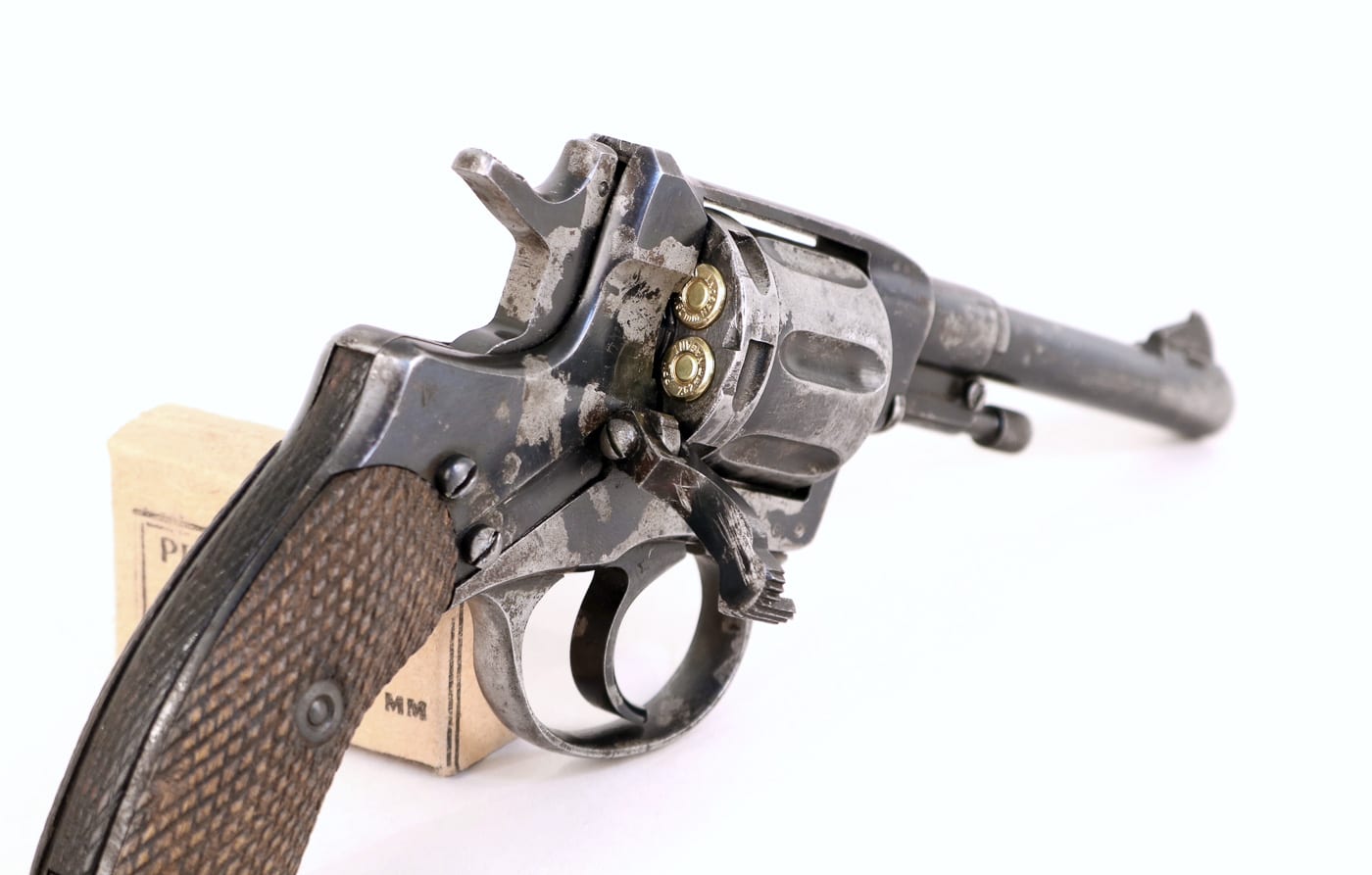
The end result was a unique pistol firing a unique round. The 7.62x38mm Rimmed cartridge sports a case that telescopes up and around the flat-faced bullet. The case mouth is crimped slightly to secure the bullet in place. In addition, as the revolver’s action cycles, it rotates the cylinder and then pushes it forward slightly to form a secure gas seal between the cartridge and the near end of the barrel. This forward movement of the cylinder necessitated a ridiculously long firing pin mounted on the hammer. While mechanically fascinating, none of that really made much difference in the grand scheme and resulted in a minor benefit of velocity savings.
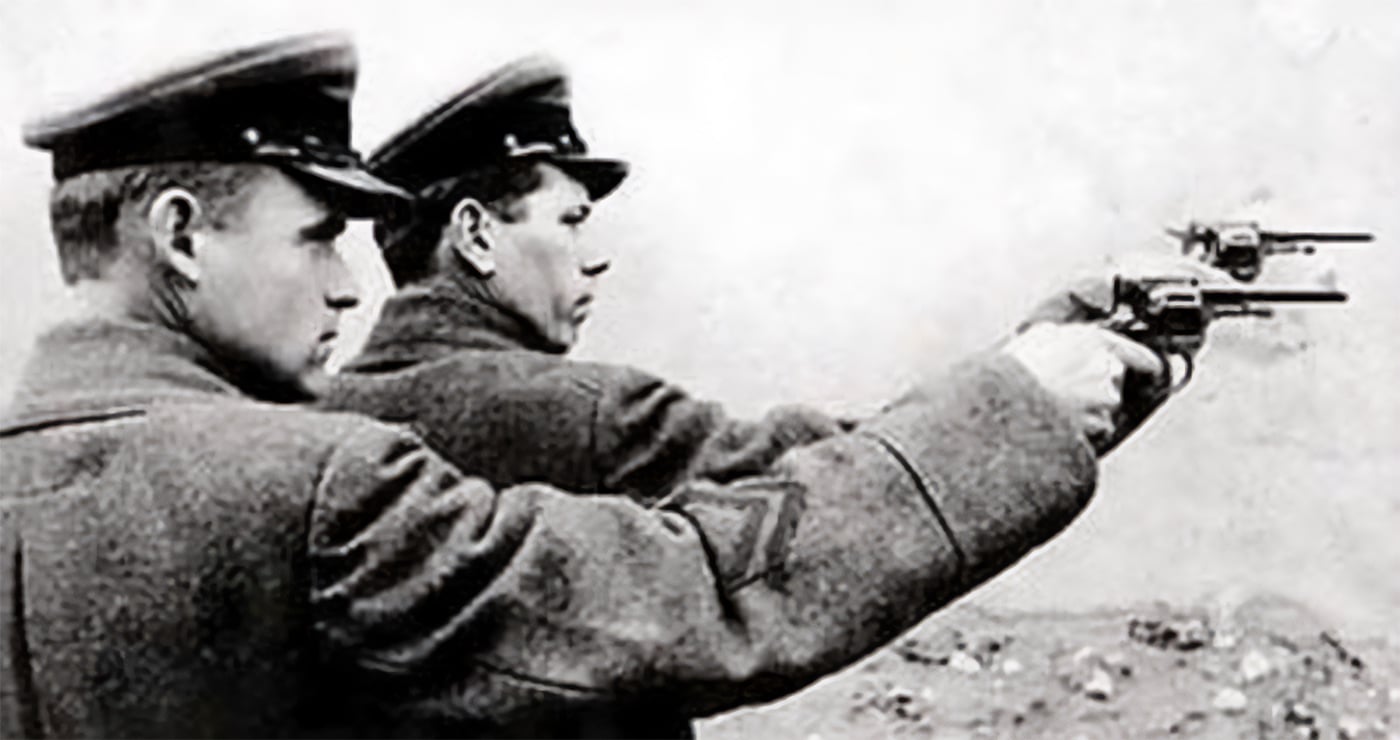
The rest of the gun is fairly uninspired. Loading is a laborious chore undertaken one round at a time through a swing-open loading gate on the right side with a complex rotating ejection rod that unlocks and aligns with the chamber being emptied. The double-action trigger pull is an atrocious 12 to 20 pounds or so. Additionally, the lightweight 98-grain bullet only moves at around 630 feet per second, making it quite underpowered for serious social work.
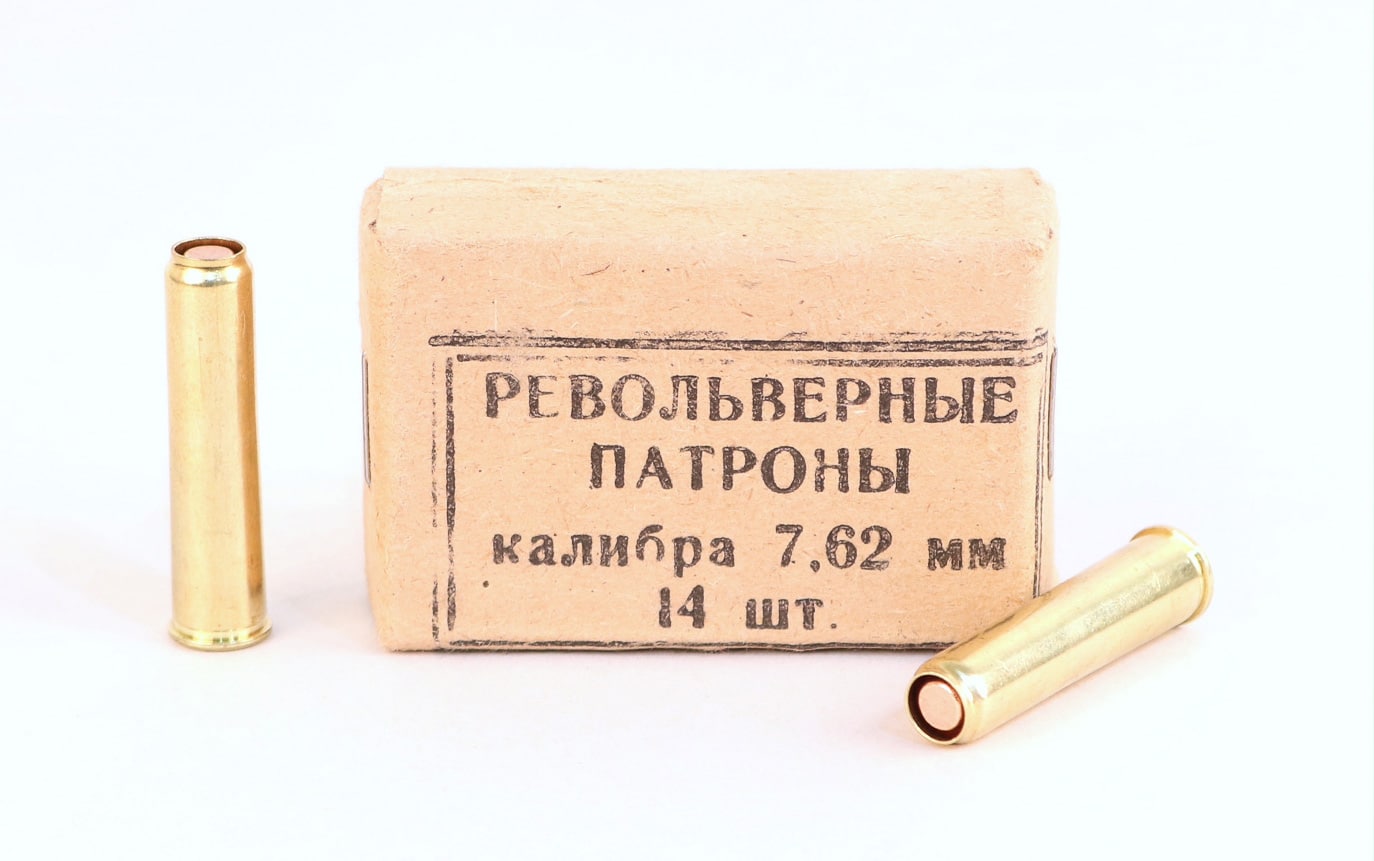
The M1895 cylinder holds seven of these weird flat-nosed little rounds. To unload the gun you slide the captive cylinder ejection pin out, rotate the pin housing to the right to orient the sliding pin behind a cylinder, and press the empties out one at a time from the front. Once the gun is dry you can pivot the ejection pin back into place for storage.
M1895 Performance
| Load | Group Size | Velocity |
|---|---|---|
| Prvi Partisan 98-gr Solid | 2.5″ | 628 fps |
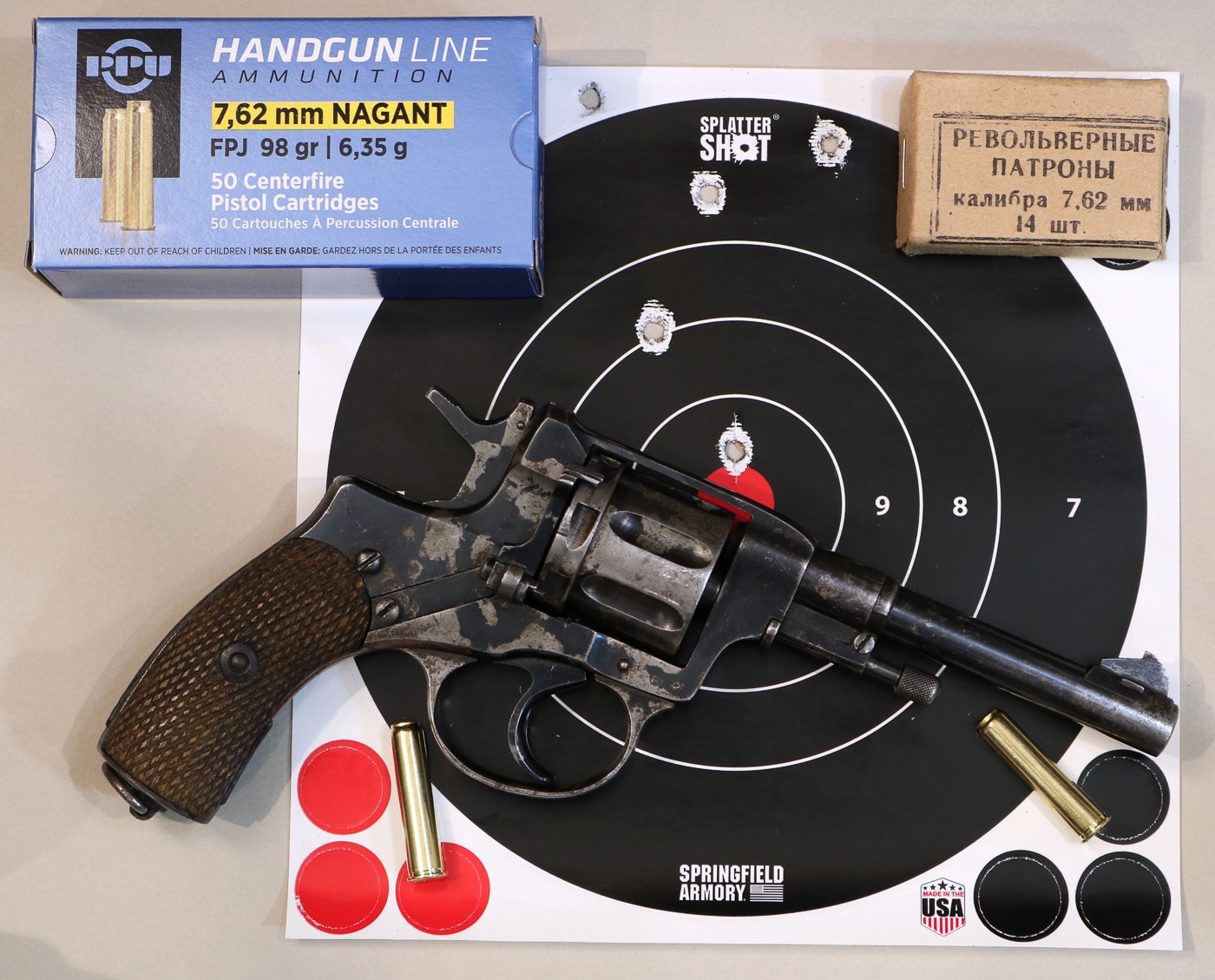
Ruminations
This particular example has some garish splotchy finish loss. The only other time I have seen such a damaged finish was on a shotgun that had gotten splashed with blood during a vigorous hunt. If this gun could talk, I suspect it would tell a compelling tale.
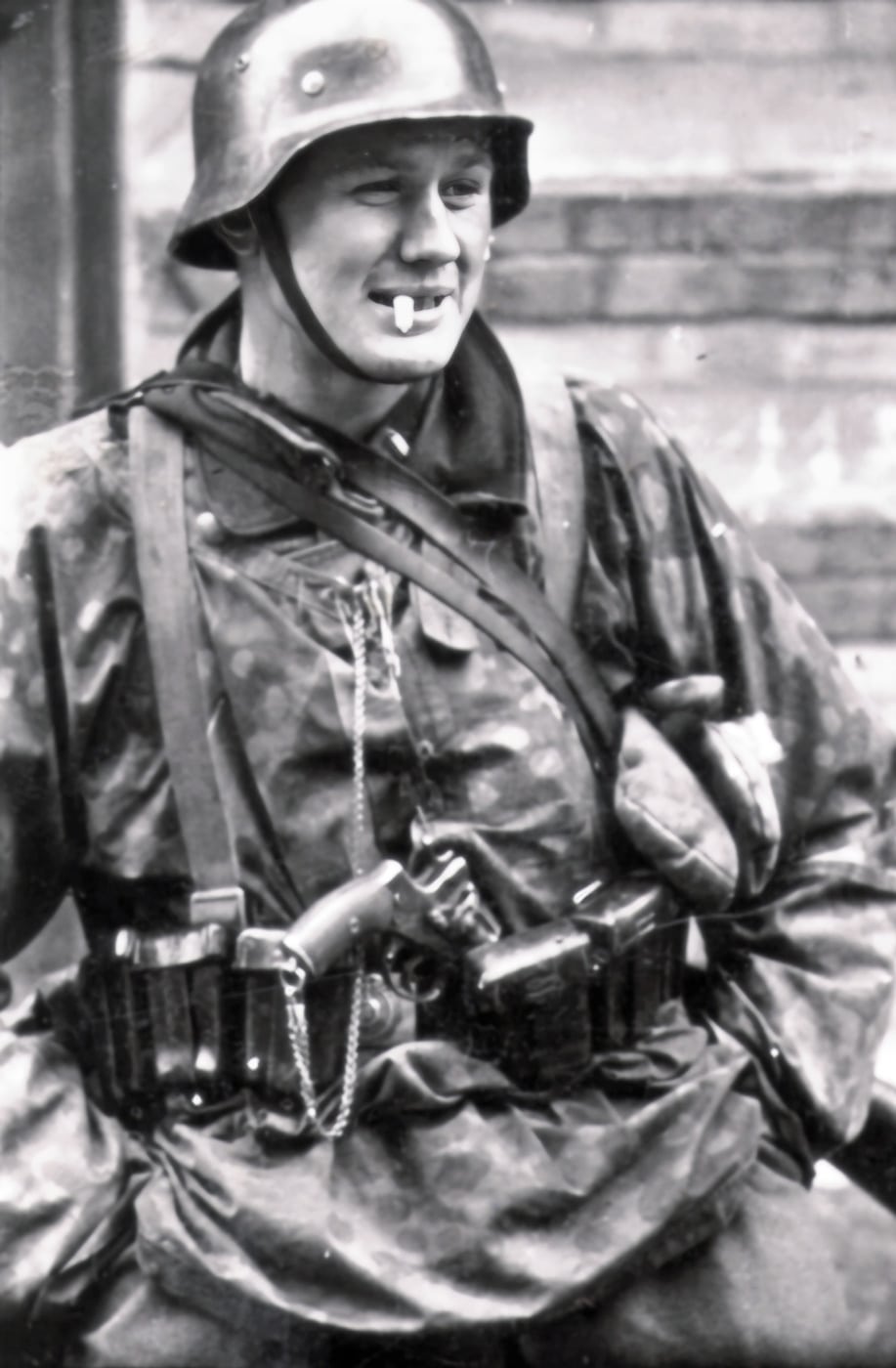
Ammo for the M1895 is strange and expensive, but I burned a bit for this project. The Herculean double action trigger pull takes the luster off of the shooting experience, though the single action version is okay. Recoil is trivial, and the gun hits where it’s pointed. In combat, particularly if the primary mission was crowd control rather than proper CQB, it would be better than nothing. Curiously, the odd sealed firing mechanism of the M1895 Nagant makes it one of the world’s few revolvers amenable to a sound suppressor.
This gun was a serendipitous auction find. In addition to the finish issues, the big beak firing pin in the hammer was broken off. In the heady days prior to Putin’s invasion of Ukraine I actually found a guy in Moscow via eBay who sold me a brand new drop-in replacement. In so doing he helped me resurrect a WWII-vintage Russian pistol whose original owner likely died clutching it. It’s indeed a weird old world sometimes.